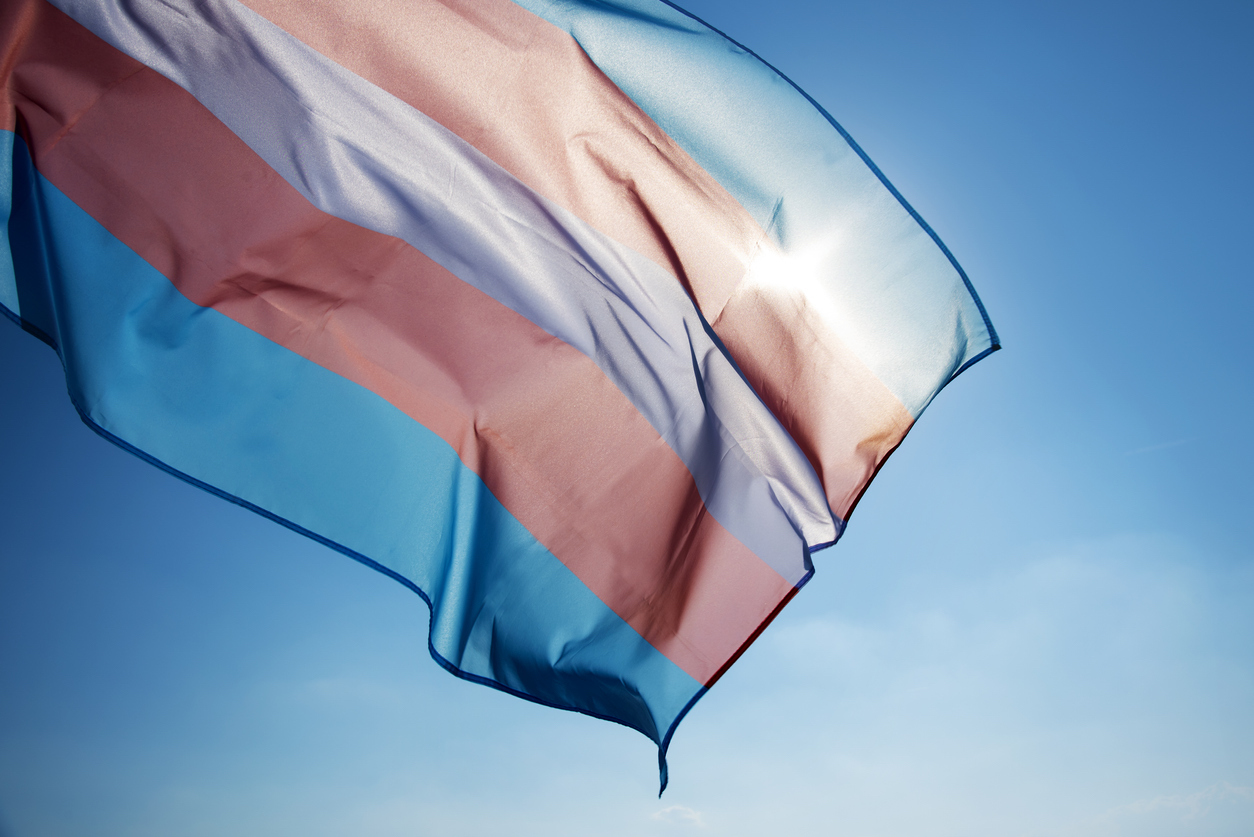Transgender Awareness Week, which began on 13th November, is a week dedicated to raising the visibility of transgender people and address issues members of the community face. It culminates on Transgender Day of Remembrance (20th November) to memorialise victims of transphobic violence.
There is a widespread lack of understanding of trans issues and gender identity that are at the heart of transphobic attitudes. So this Transgender Awareness Week, here’s our attempt to create awareness on important concepts that concern transgender issues.
Cis-gender people, please pay attention!
Transitioning is a widely misunderstood concept, where only medical transition is seen as a legitimate form of transitioning. This belief is also what shaped the transphobic Transgender Persons (Protection of Rights) Bill, 2019, that requires trans people to be ‘certified’ by the district magistrate to have their identity recognised and to show documentation proof of SRS (sexual reassignment surgery) and other medical interventions to have their gender changed in legal documents.
Also read: A Critique Of Transgender Persons (Protection Of Rights) Bill, 2019
Pronouns are a way of expressing one’s gender identity, therefore, it’s imperative that one uses the correct pronouns to address trans people. He/him and she/her are the most commonly used pronouns, but some people also use gender-neutral pronouns like they/them and ze/hir.
Often, gender dysphoria is a regarded as a permanent condition. However, it is temporary and can be treated by creating an inclusive environment where the people it affects are allowed to socially and medically transition with ease.

On #TransgenderDayofRemembrance, we remember and honour those who lost their courageous lives to transphobic violence this year. Trans people’s very existence is a challenge to traditional gender norms, and it is through violence that society asserts conformity. Transphobia ails our society and we must resist it every day, in every way possible.
Featured Image Source: City News 1130
About the author(s)
Feminism In India is an award-winning digital intersectional feminist media organisation to learn, educate and develop a feminist sensibility and unravel the F-word among the youth in India.


















